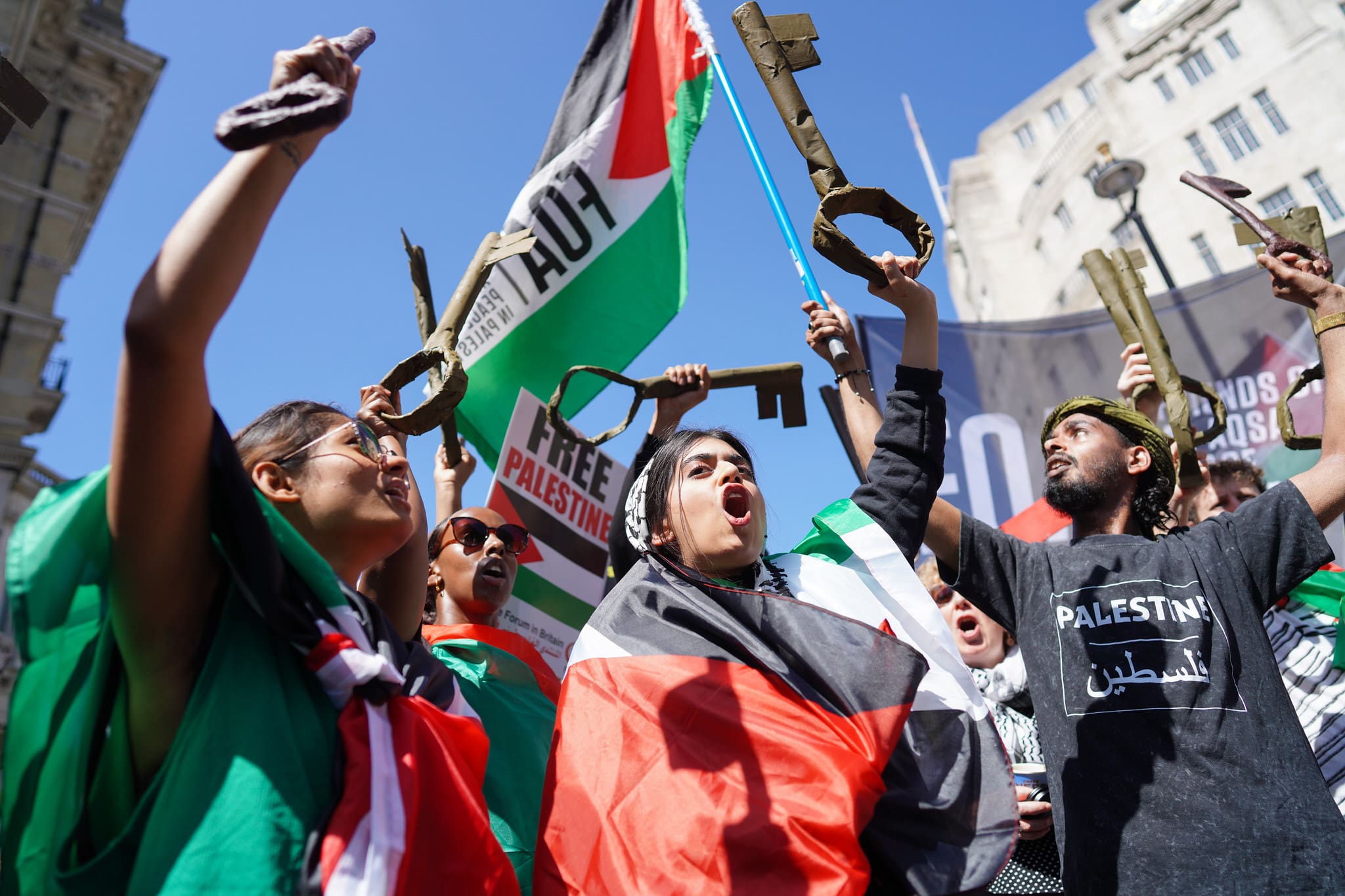Journalists are supposed to be the eyes and ears of the world, but in Gaza, those eyes and ears are being silenced at an unprecedented rate. The deliberate killing of Al Jazeera’s Anas al-Sharif this week has once again put Israel’s war on journalists under the spotlight, raising urgent questions about press freedom, accountability, and the right to tell the truth from the ground. Here’s what you need to know.
1. Why are Israel’s attacks on journalists in the news again?
Anas al-Sharif, a prominent Al Jazeera reporter from Gaza, was deliberately killed by Israel on Sunday, along with several colleagues. Israel admitted to targeting him, claiming he was the head of a Hamas terrorist cell, but has produced little evidence to support that. He was 28, married with a four-year-old daughter, Sham, and a one-year-old son, Salah.
2. What’s the background?
Israel has previously intermittently banned foreign reporters from entering Gaza. After 7 October 2023, foreign journalists have only been allowed in under Israeli military escort. Reporters who join these trips have no control over where they go, and other restrictions include a bar on speaking to Palestinians in Gaza, the Guardian reports. The work of documenting the genocide has fallen to Palestinian journalists, who have been relentlessly targeted.
3. How bad is it?
Nearly 270 journalists and media workers have been killed by Israeli attacks in Gaza in 22 months of war – or about 13 journalists every month – according to a tally by Shireen.ps, a monitoring website named after Al Jazeera journalist Shireen Abu Akleh, who was shot and killed by Israeli forces in the occupied West Bank in 2022.
4. How does that compare to other conflicts?
According to Brown University’s Costs of War project, more journalists have been killed in Gaza since the war began on 7 October 2023, than in the US Civil War, World Wars I and II, the Korean War, Vietnam War, the wars in the former Yugoslavia and the post-9/11 war in Afghanistan – combined.
5. Why does this matter?
A deliberate attack on journalists is not just an attack on press freedom: It constitutes a war crime under international law. Yet the Committee to Protect Journalists, CPJ, has found a pattern of Israeli forces deliberately targeting journalists, even when wearing clearly marked “Press” vests. CPJ has also documented a pattern of family members of journalists killed after the journalists received threats.
The deliberate targeting of journalists is a violation of international law and undermines the free flow of information in conflict areas. As the war in Gaza continues, the scale of journalist casualties raises significant questions for the international community about accountability, the protection of media workers, and the preservation of independent reporting under wartime conditions.
Sources: Al Jazeera, The Guardian, and BBC.
Note: Some of this text was first used in an infographic produced by the group South African Journalists against Apartheid.
Verashni is passionate about empowering citizens to hold those in power to account. She was previously editor-in-chief of the Mail & Guardian and HuffPost South Africa, and won the CNN African Journalism Award, among others.




